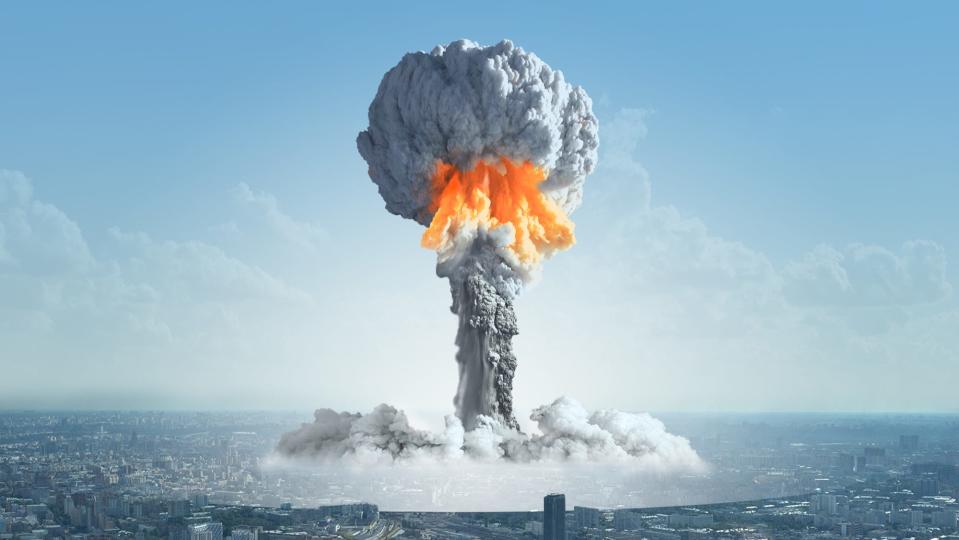
A nuclear attack on six US cities is a likely possibility. However, experts believe the cities are not equipped for offering emergency services.
Which US cities may be a victim of a nuclear attack?
While the chances of a nuclear bomb striking a city in the US is slim, experts believe it is not out of the question. It is one of the 15 disaster scenarios for which the Federal Emergency Management Agency (FEMA) prepared an emergency strategy. The plan involves providing emergency shelter, deploying first responders, and decontaminating victims exposed to radiation. As per FEMA’s policy, other people are advised to get cover, stay indoors, and stay tuned.
The list of cities includes Chicago, Houston, Los Angeles, San Francisco, New York, and Washington DC. In addition to being the most significant and densest urban areas of the US, these cities are also home infrastructures vital to US security.
Are these cities prepared?
Each of the mentioned US cities has an emergency website informing citizens about the steps to take during an emergency. However, cities other than LA and New York do not mention a nuclear attack directly. Hence making it difficult for citizens to learn how to stay safe. “There isn’t a single jurisdiction in America that has anything approaching an adequate plan to deal with a nuclear detonation,” stated Irwin Redlener. Redlener is a public-health expert at Columbia University and specializes in disaster preparedness. Redlener believes FEMA guidelines are not enough to help in preparing a city for a nuclear attack.
“There isn’t a single jurisdiction in America that has anything approaching an adequate plan to deal with a nuclear detonation. It would not be the end of life as we know it. It would just be a horrific, catastrophic disaster with many, many unknown and cascading consequences,” added Redlener. “A little bit of information can save a lot of lives. If we can just get people inside, we can significantly reduce their exposure,” stated Brooke Buddemeier. Buddemeier is a health physicist at the Lawrence Livermore National Laboratory who advises emergency care providers and managers about strategies.






